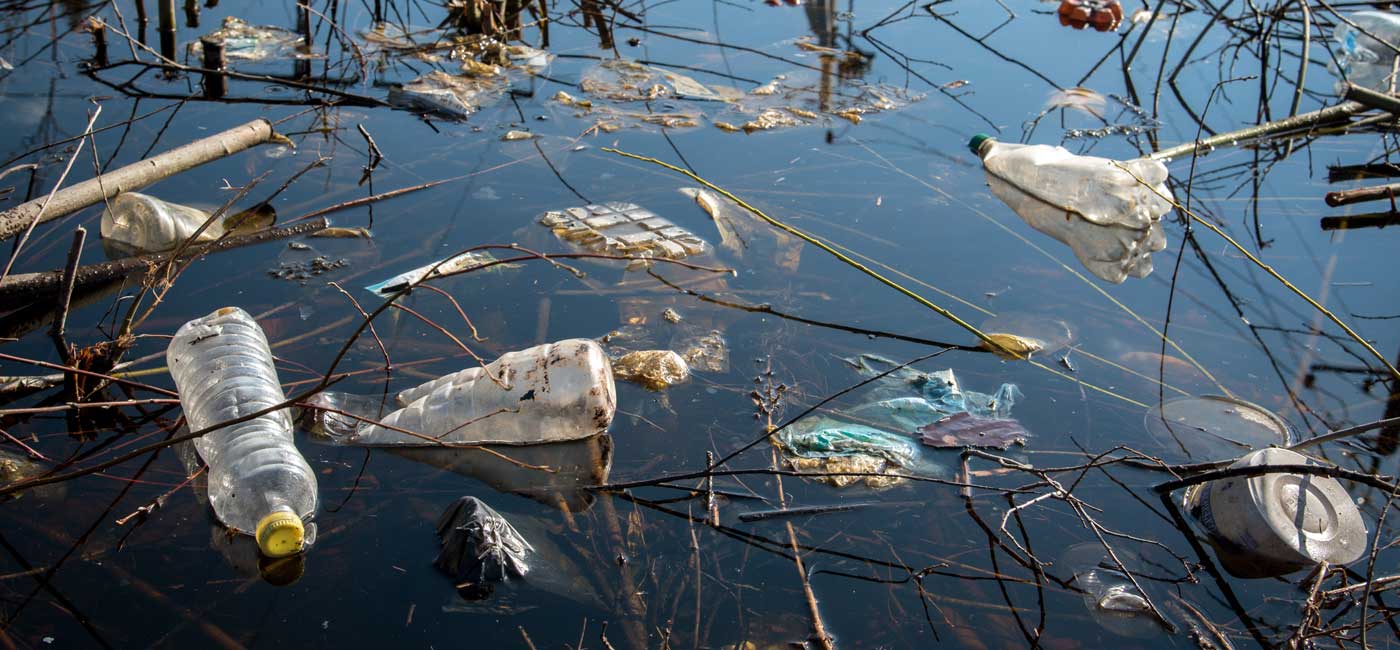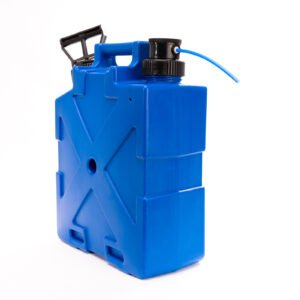This article is a follow up article to The Effects of Polluted Water Part 1. In this article we will discuss ways to prevent water pollution. Click here to view ‘The Effects of Pollution Part 1’ before continuing, to learn what water pollution is, what causes it and what the health and environmental consequences are.
As discussed in The Effects of Water Pollution Part 1, “…water pollution is a problem that all of us should be aware of. Water Pollution and contamination is an increasing topic of concern and all the health risks involved should be well understood.”
The world pollution problem can easily be improved and prevented if everyone takes responsibility for their own pollution. This is easier than most people may think, it all starts with taking precautions in your own home:
- Don’t litter and be sure to recycle.
- Don’t throw chemicals, oils, paints or medicines down the drain
- Use environmentally friendly household cleaning products
- Plant trees and plants around your home to improve the natural filtration process in the ground. This will stop nasty chemicals draining into natural water systems.
- Don’t over use pesticides and fertilizers
Hygiene is the #1 cause of Gastro
Almost any every day household activity can possibly translate into water pollution. From the fertilizers in your garden to the oil from driveways, paint and solvent residues from walls and decks, and even pet feces. When it rains these are all washed into the storm water sewage systems as well as rivers, streams and lakes. These are all water sources where we get our drinking water from, and how contaminated the source is determines the quality of our drinking water.
Below are a list of easy and essential steps in preventing water pollution around the house:
Have fewer hard surfaces:
Hard surfaces such as asphalt and concrete don’t allow the water to seep into the ground and therefore run off your property and into the storm water systems. Good alternatives to solid surfaces would be grass, gravel, deck wood, paving stones or inter locking bricks. These all allow water to run into the soil. You can also control where the water on your roof flows by redirecting your gutters. It’s best to position them so that rain water flows off into the garden where it can seep into the soil.
Preventing Pollution in your Garden:
Use native plants and environmentally friendly fertilizers. Plants that are native to a certain area use less water because they are accustomed to the climate. They are also accustomed to the habitat and are great hosts for other flora, as well as fauna.
You should always use chemical free, natural fertilizers like compost. It is easy to create your own compost at home by buying a compost bin. This helps keep waste from becoming land fill. Alternatively you could use natural fertilizers, soil conditioners or rotted manure. These will all help your soil retain moisture and keep your minimize your pollution.
Be sure not to over water your garden. A large percentage of household water use and wastage is due to home irrigation systems. If your garden isn’t flat, try not to use inefficient sprinkler system that don’t cover all areas of your garden. Install a rain gauge so that you know exactly how much water your garden is getting. This way you know not to water your garden if you don’t need to. Over watering gardens is one of the main reasons for chemicals draining from the soil and running into water systems.
Did you know nearly 96% of people suffer from Gastro in their life
Throw Away Household Products Properly
Ideally before you choose your everyday household products, you should be looking out for non-toxic alternatives. You can research products on your chosen supermarkets website and take note of the environmentally friendly products. When you are finished with them you can make sure that they make their way into the recycling bin or what ever recycling program your city or town offers. As long as the container and it’s contents don’t go into the ground, then you are making a difference.
Educate Yourself
Lastly, go onto local government websites to find information on your local water situation. This way you can know the risks you face and aim to make a difference in your community. Be an activist in all the movements for better protection of our environment. WIth your support laws will be made and ultimately change will be made for the better of our planet.



